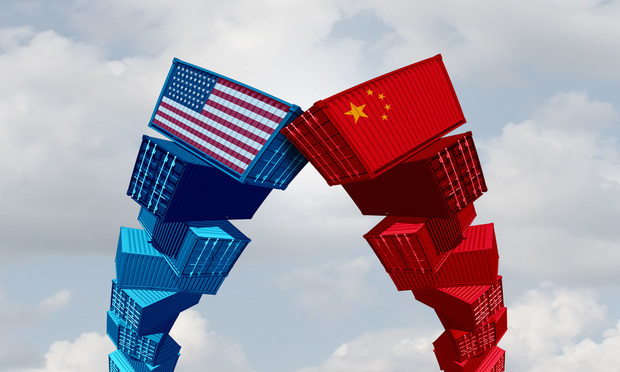- Banking and Finance Laws
- China Law News
- Intellectual Property
- Private Equity and Venture Capital
- Retail Trade and Distribution
- Technology Media and Telecom
In the News: Phase One Deal Signed; Online-Only Banking Rules; and US Venture Drop
January 20, 2020 | BY
Vincent ChowChina, U.S. sign phase one trade deal in trade war breakthrough, but tariffs and issues remain; Reuters reports imminent first rules for online-only banks in China, foreign participation welcomed; and U.S. venture investment in China sinks to six-year low amid trade war and slowing Chinese economy
This premium content is reserved for
China Law & Practice Subscribers.
A Premium Subscription Provides:
- A database of over 3,000 essential documents including key PRC legislation translated into English
- A choice of newsletters to alert you to changes affecting your business including sector specific updates
- Premium access to the mobile optimized site for timely analysis that guides you through China's ever-changing business environment
Already a subscriber? Log In Now
For enterprise-wide or corporate enquiries, please contact our experienced Sales Professionals at +44 (0)203 868 7546 or [email protected]





